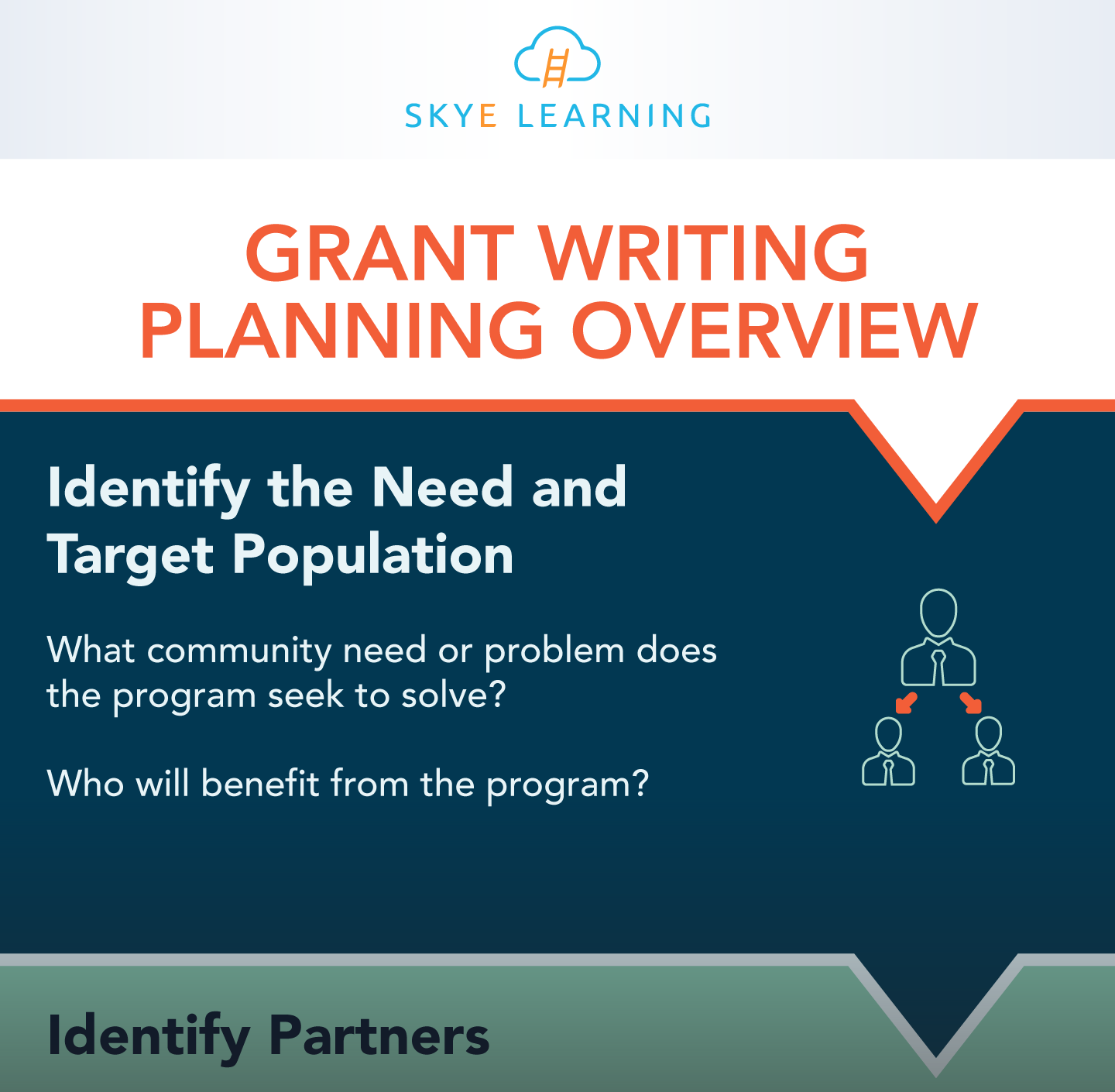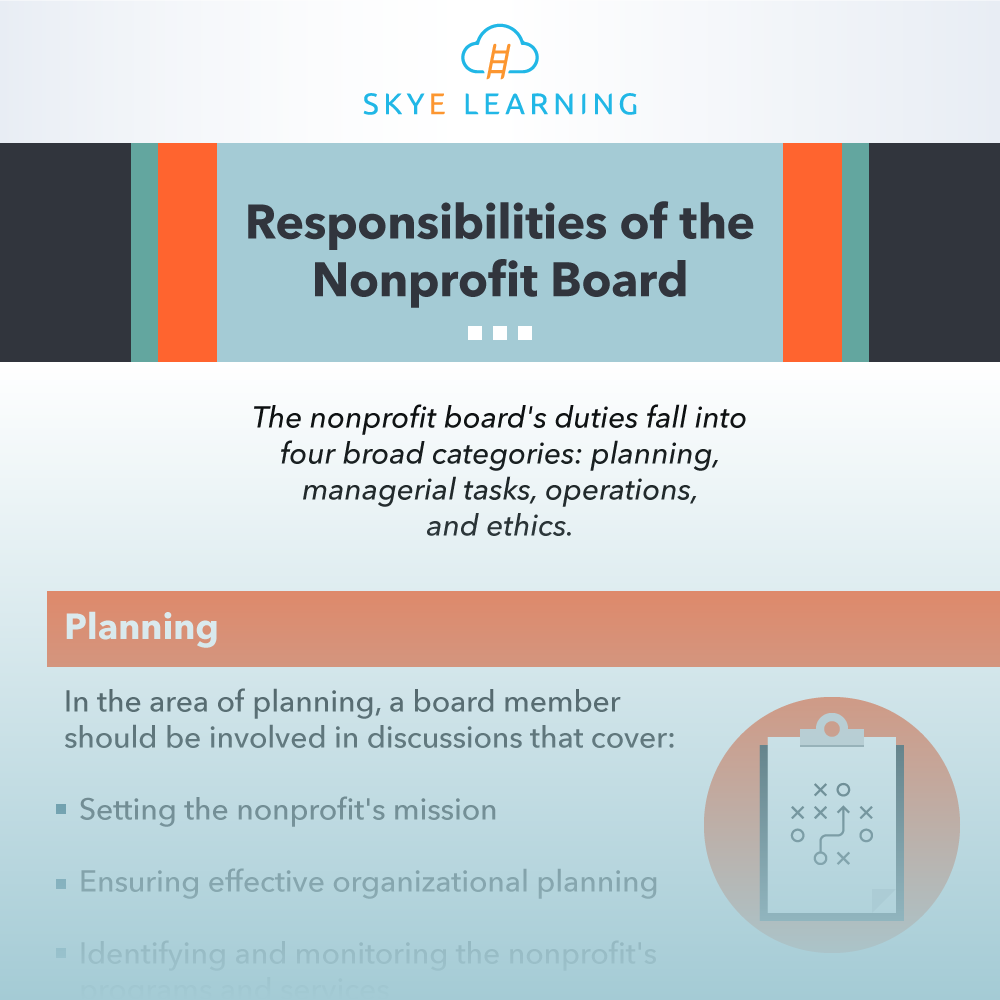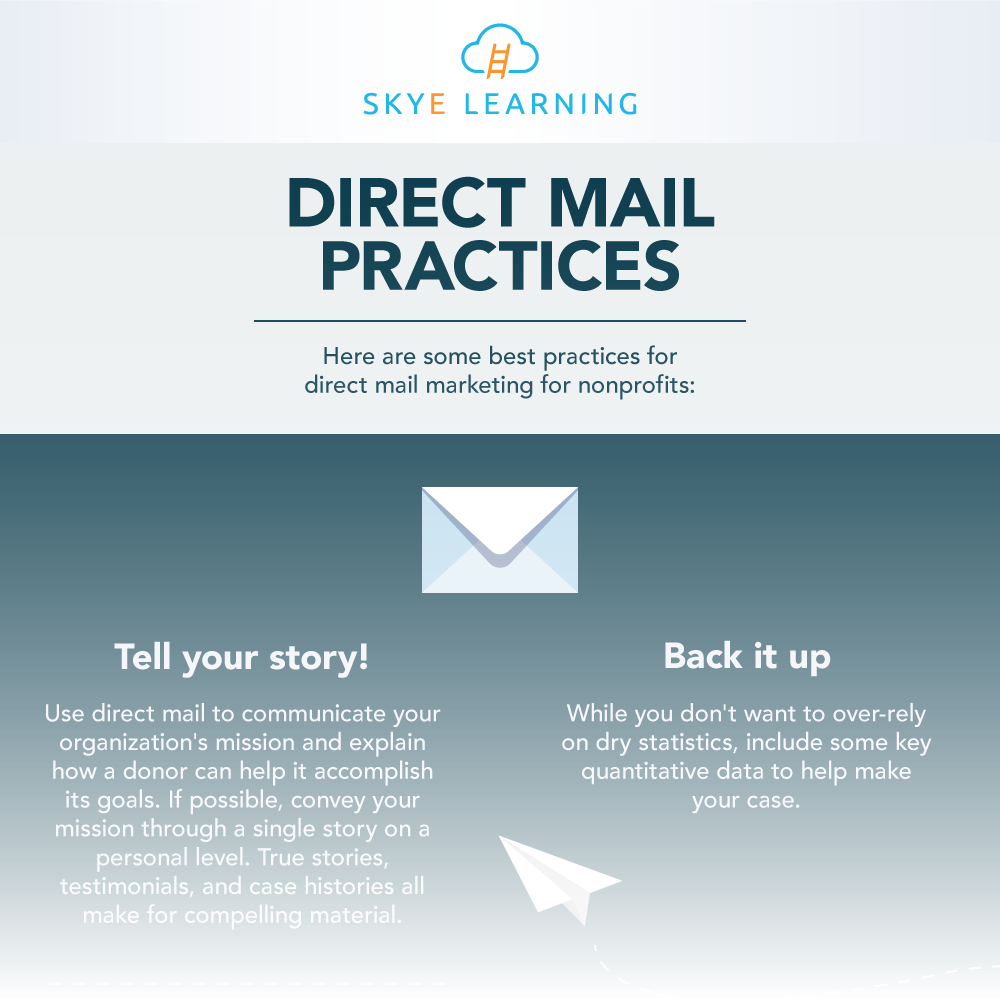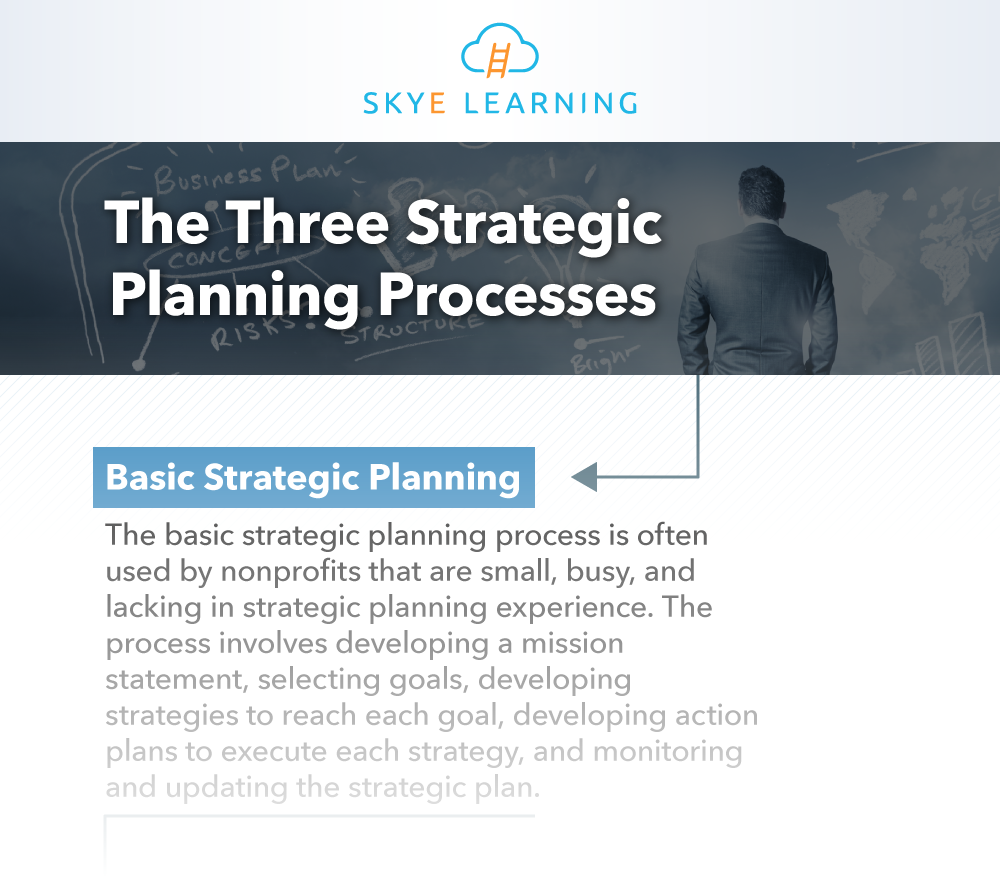An innovative way to fund social-service programs is slowly catching on in the United States—and it has the potential to transform the way larger nonprofits and mission-driven companies go about their business.
Pay for Success (PFS) is a funding model that relies on public-private partnerships to provide services that have traditionally been provided by the government. The idea originated in Great Britain in the early 2010s and gradually made its way across the Atlantic to the U.S., where it is now being employed in the social-service, healthcare, criminal-justice, and housing sectors.












.jpg)


